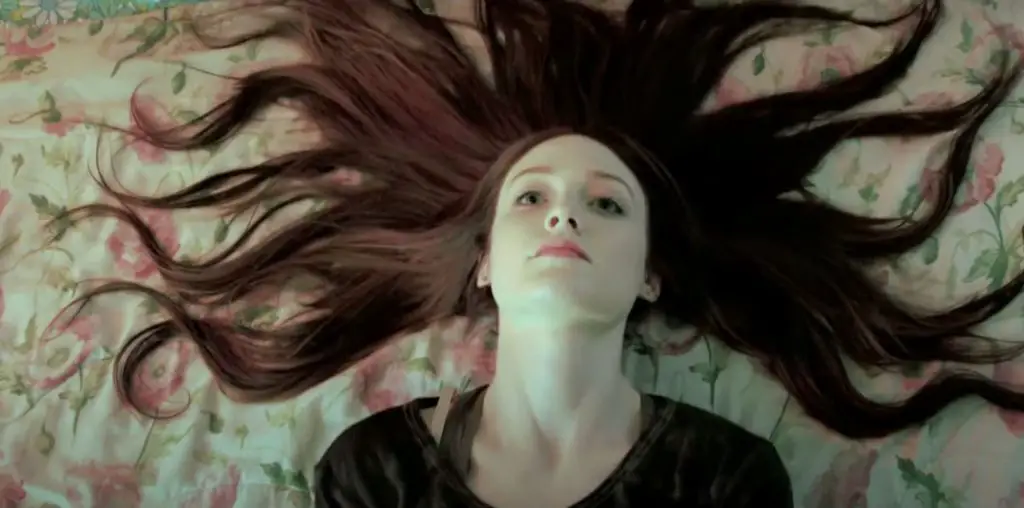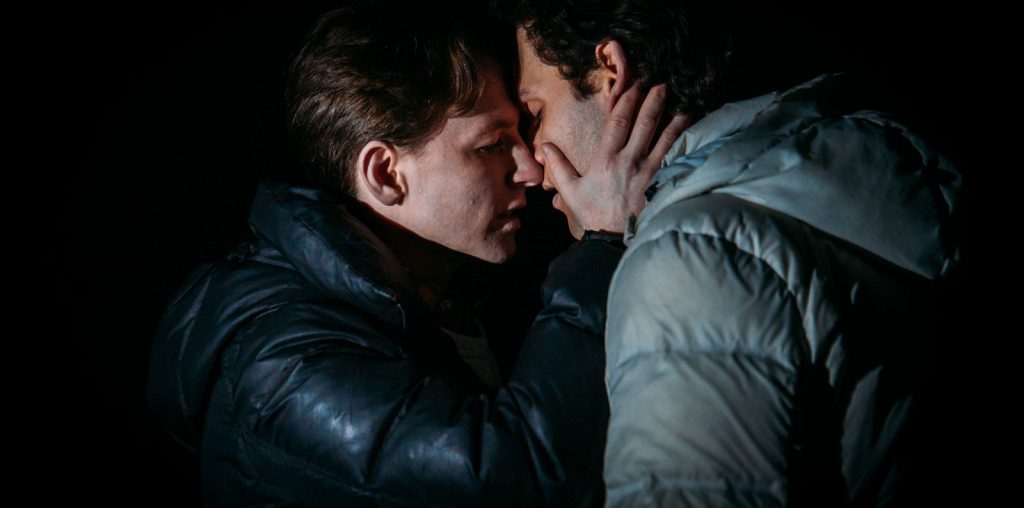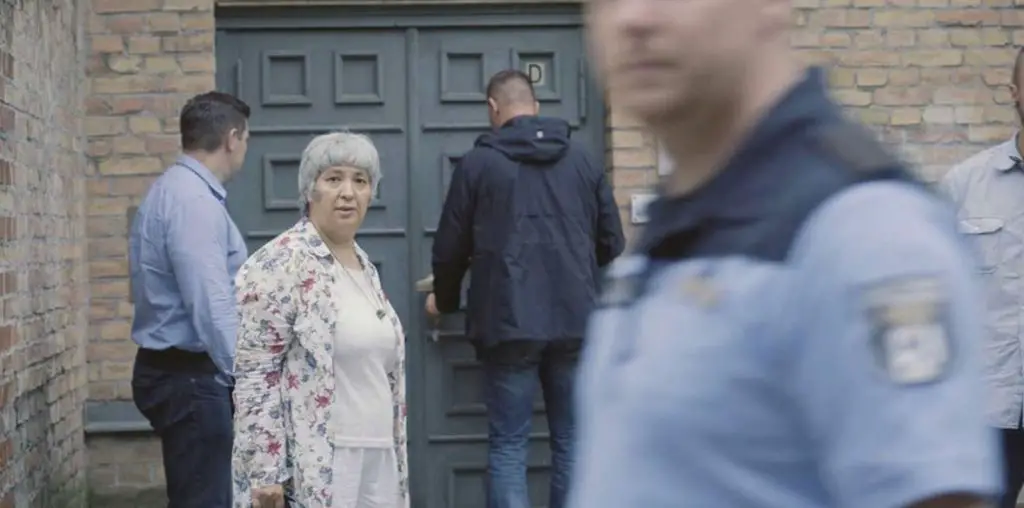
Isaac is the strong feature directorial debut by veteran Spanish producers Angeles Hernandez and David Matamoros. Nacho (Pepe Ocio) and Denis (Ivan Sanchez) meet up in a coffee shop after not seeing each other after 16 years. They used to run around together in high school with their buddy Isaac, all three smoking pot and listening to indie music. Nacho has risen in the world, a successful lawyer who is running for office. Denis has struggled, surviving as a waiter while dreaming of one day owning his own restaurant.
Nacho wants to have a baby with his wife Marta (Maria Ribera), but they haven’t been able to conceive. Marta’s family is against adoption and is pushing her to use a surrogate. Nacho proposes to Denis that Denis’s partner Carmen (Erika Bleda) be the surrogate in exchange for a big cash payout. Denis is quite eager, as he sees a path out of barely making it, but Carmen has serious reservations about having her body used in this way. Marta also has serious reservations about even having a child, but Nacho is convinced it is what is needed to bring meaning to their cold marriage.
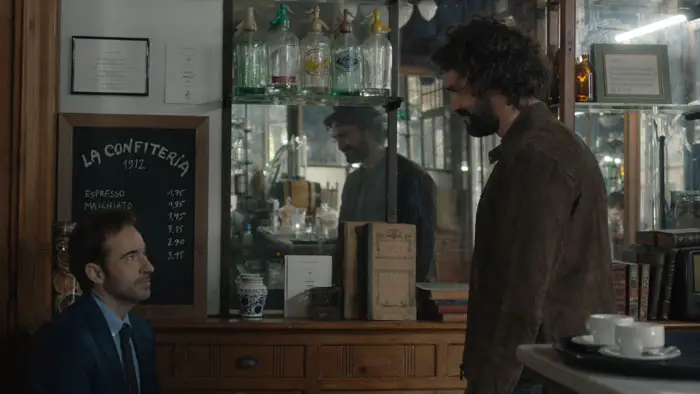
“Marta also has serious reservations about even having a child, but Nacho is convinced it is what is needed to bring meaning to their cold marriage.”
Meanwhile, Nacho can’t stop thinking about his old friend Denis, about how hot Denis was back in the day, and how fine-looking he is now. Nacho still listens to indie music in his expensive car while flashing back to memories of him, Denis, and Isaac blowing pot into each other’s mouths. When the surrogacy commences, things get really complicated.
Until recently, it never occurred to me how well a background in producing prepares one to move into writing and directing. Isaac is a finely crafted work, with brilliant shot composition and swift editing moves. One amazing cut goes from a close-up of the artificial inseminator load with sperm to a shot of a spraying lawn sprinkler. Hernandez and Matamoros’ brilliant adaptation of Antonio Hernandez Centeno’s play adds many nuanced cinematic moments that wouldn’t have been possible in the stage version. One example is Marta’s reflection in the window glass with her anguished face embedded in tree branches while Nacho goes on in the background about Denis and the times they had. There are also long, poignant stretches with no dialogue showing the cold emotional landscape of their marriage. There is an understanding of the power of a wordless nuanced close-up instead of just letting the dialogue from the play run rampant.
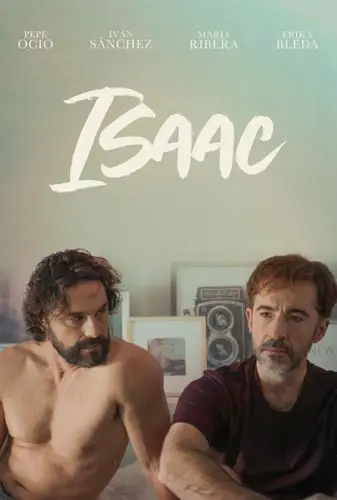
"…an already juicy story set-up that gets juicier to the point of soaking wet."
